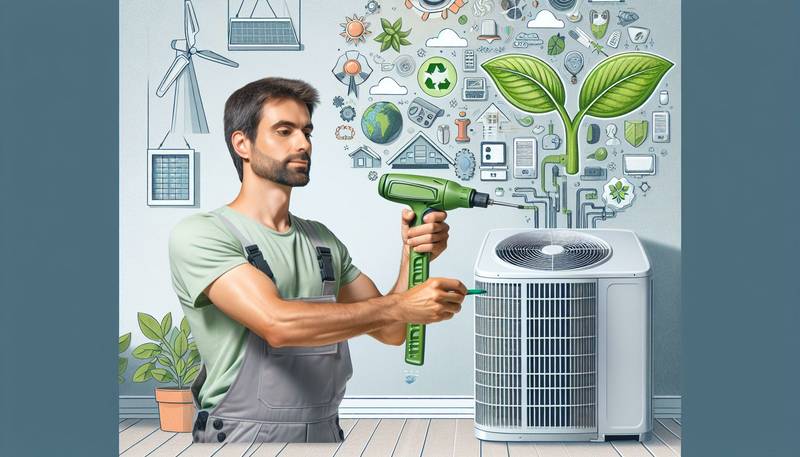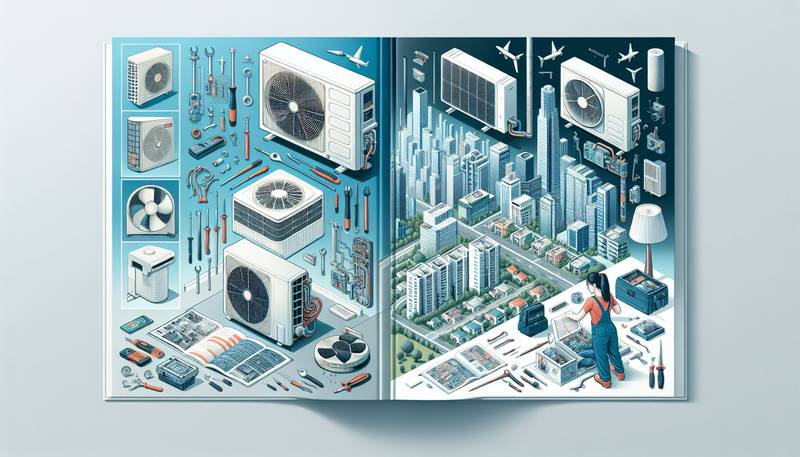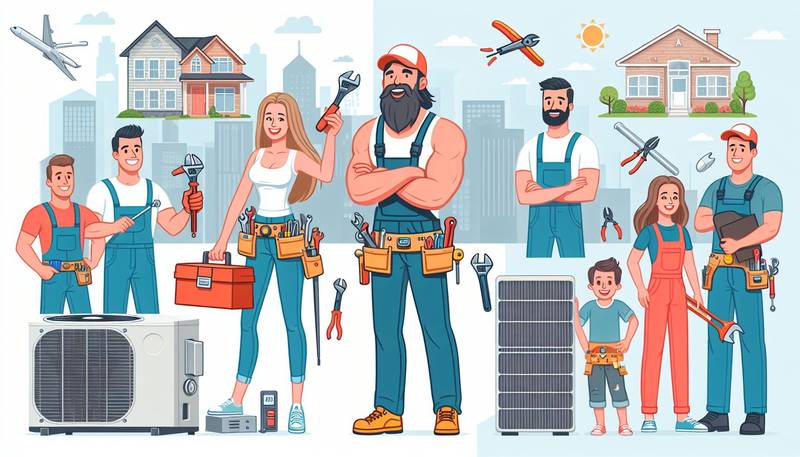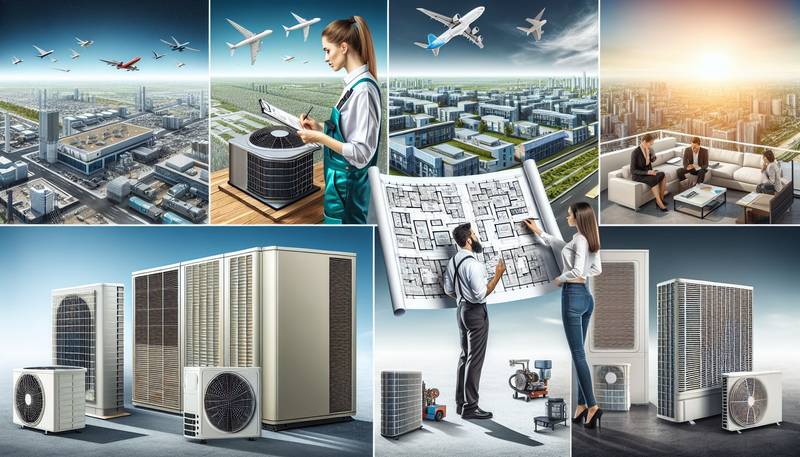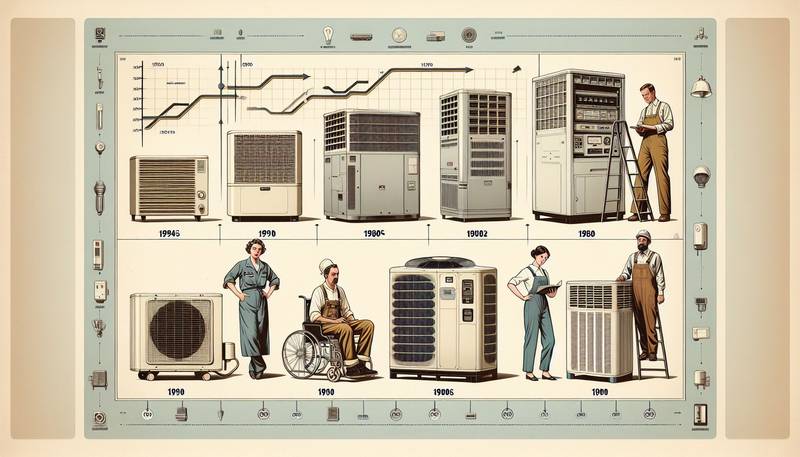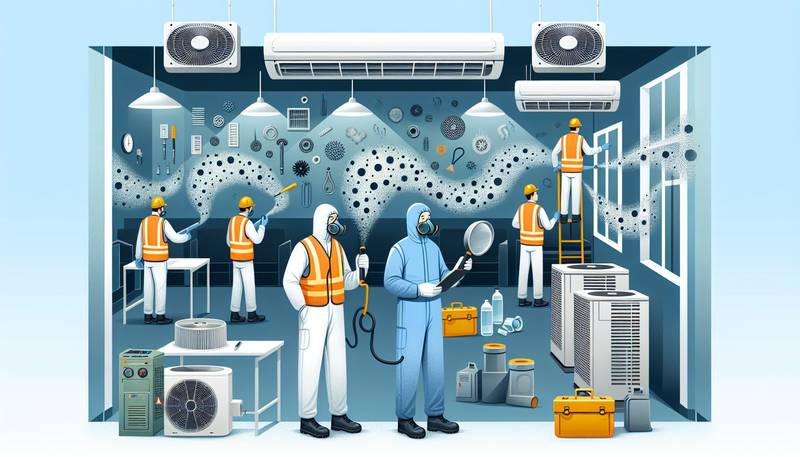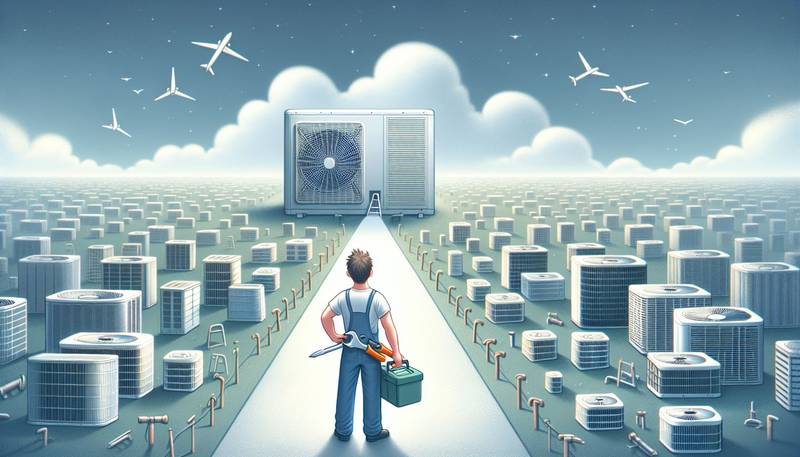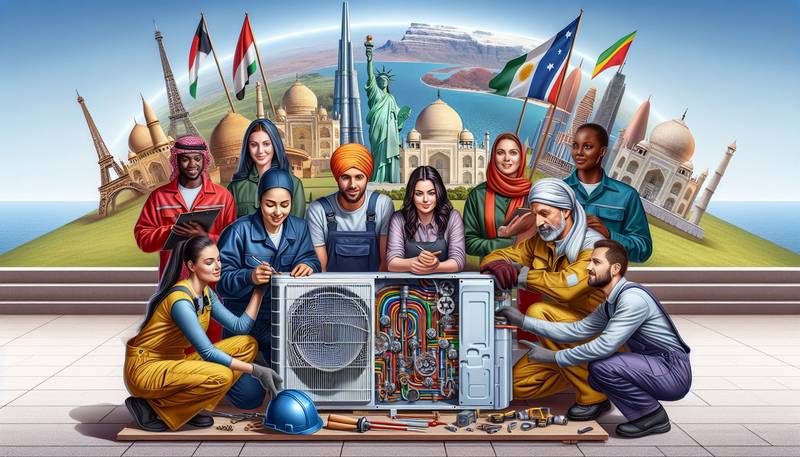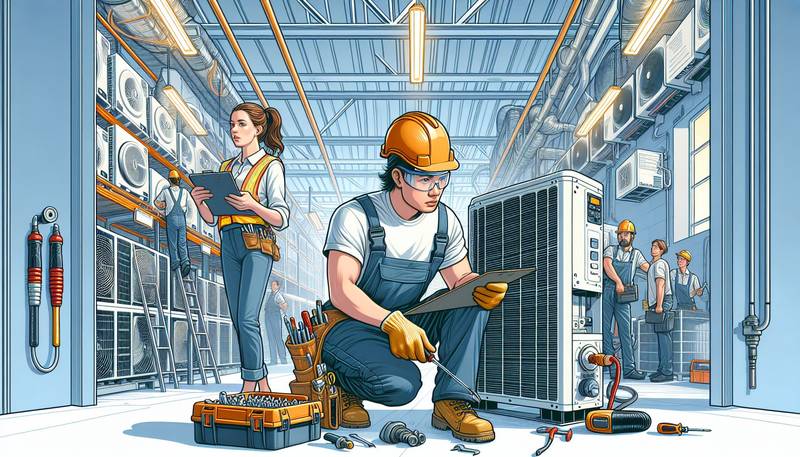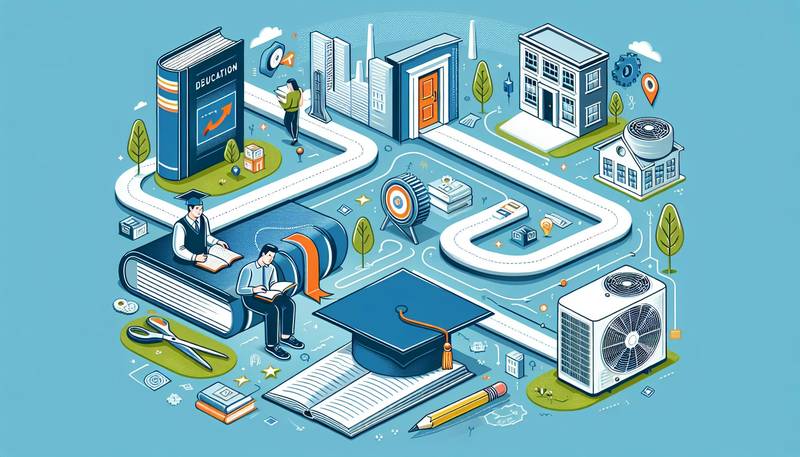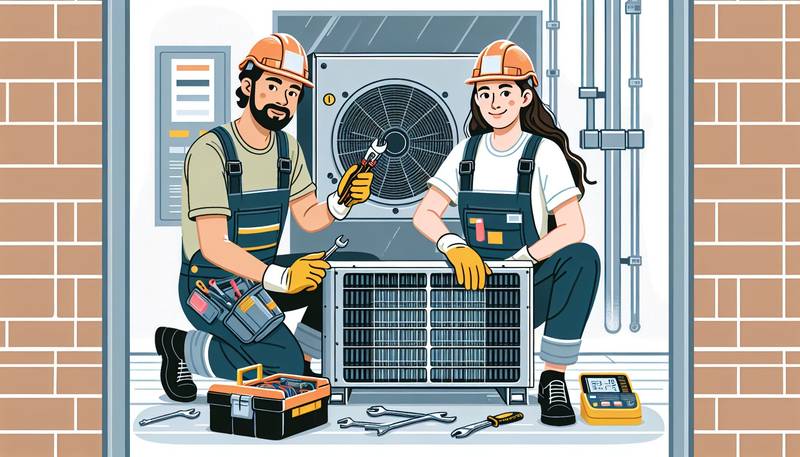Eco-Friendly Air Conditioning: Jobs with an Environmental Impact
However, traditional air conditioning systems can have a negative impact on the environment due to their high energy consumption and the use of harmful refrigerants. As awareness of environmental issues grows, there is an increasing demand for eco-friendly air conditioning solutions that are both energy-efficient and environmentally sustainable.
The Importance of Eco-Friendly Air Conditioning
Eco-friendly air conditioning is essential for reducing greenhouse gas emissions and combating climate change. Traditional air conditioning systems rely on synthetic refrigerants that have a high global warming potential and contribute to ozone depletion. By transitioning to more sustainable cooling technologies, we can significantly reduce our carbon footprint and protect the environment for future generations.
Jobs in Eco-Friendly Air Conditioning
The shift towards eco-friendly air conditioning has created new job opportunities in the HVAC industry. Professionals with expertise in sustainable cooling technologies are in high demand as more businesses and homeowners seek to reduce their environmental impact. From design and installation to maintenance and repair, there are a variety of roles available for individuals looking to make a difference in the field of green technology.
Energy Auditors
Energy auditors play a crucial role in helping businesses and homeowners improve the energy efficiency of their air conditioning systems. By conducting comprehensive assessments of HVAC systems, they can identify areas for improvement and recommend eco-friendly upgrades that reduce energy consumption and lower utility costs. Energy auditors also help clients navigate government incentives and rebates for sustainable cooling technologies, making it easier for them to make environmentally responsible choices.
HVAC Technicians
HVAC technicians are responsible for installing, maintaining, and repairing air conditioning systems in residential and commercial buildings. With the growing demand for eco-friendly cooling solutions, HVAC technicians need to stay up-to-date on the latest technologies and practices for sustainable HVAC systems. They may work with energy-efficient air conditioners, heat pumps, and geothermal cooling systems that reduce energy consumption and minimize environmental impact.
Renewable Energy Specialists
Renewable energy specialists play a critical role in integrating solar, wind, and geothermal technologies into air conditioning systems. By harnessing natural energy sources, they can power cooling systems with clean and sustainable energy, reducing reliance on fossil fuels and reducing greenhouse gas emissions. Renewable energy specialists collaborate with HVAC technicians and energy auditors to design and implement eco-friendly air conditioning solutions that promote a more sustainable future.
Green Architects
Green architects are responsible for designing buildings with a focus on sustainability and environmental responsibility. They work closely with HVAC professionals to integrate eco-friendly air conditioning systems into their architectural designs, creating energy-efficient and environmentally sustainable spaces. Green architects prioritize natural ventilation, passive cooling strategies, and green building materials to reduce the environmental impact of heating and cooling systems, promoting a healthier and more eco-friendly built environment.
Conclusion
Eco-friendly air conditioning is a growing field with significant job opportunities for individuals looking to make a positive impact on the environment. From energy auditors and HVAC technicians to renewable energy specialists and green architects, there are a variety of roles available for professionals who are passionate about sustainable cooling technologies. By working together to promote eco-friendly air conditioning solutions, we can create a more sustainable future for generations to come.
